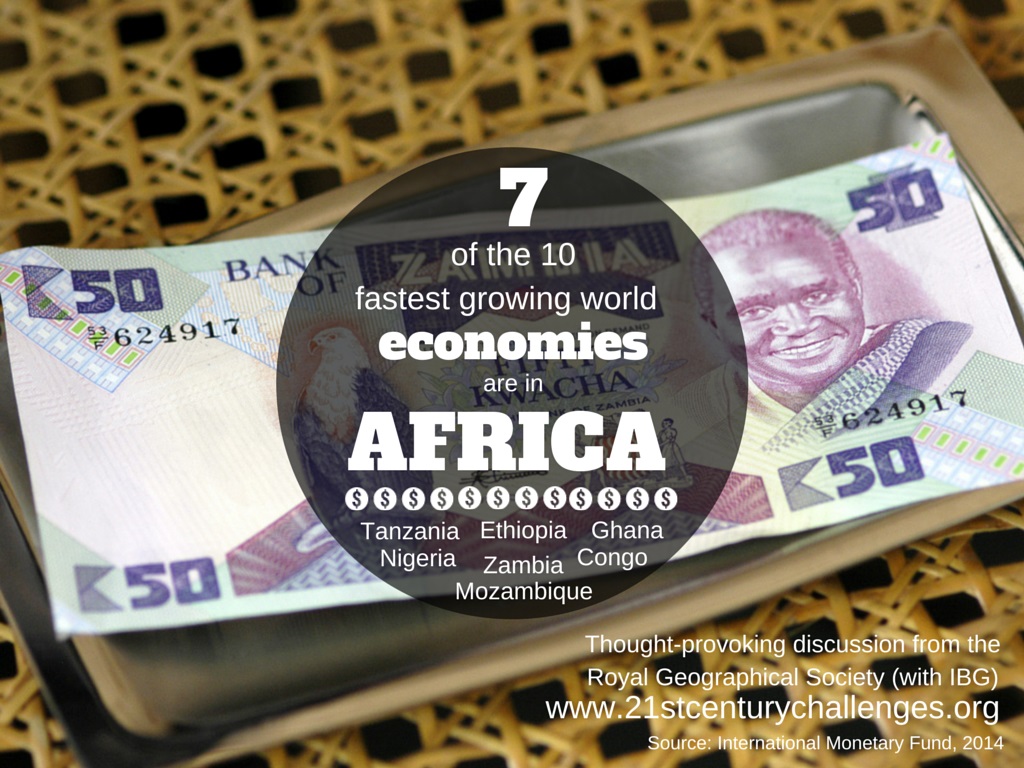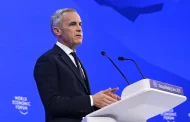In a world grudgingly moving from the unipolar moment to an uncharted polycentrism, the gathering of the cream of Nigerian Historians this morning in Makurdi, the Benue State capital is an event to watch. Taking place though in fairly removed rural Benue State, its theme compels engagement with it. The theme “African Economic History: From Hunters and Gatherers to the Industrial and Information Age” speaks to the possibility of still securing Africa, the only continent still existing on the fringe of the two markers of modern History: the industrial revolution and informational capitalism.
In this regard, there are two papers out of the 115 titles scheduled to be delivered that might have put scholars, policy makers and the power elite on tenterhook. One is the keynote address by Professor Siyan Oyeweso, the Osun State University Historian. His is titled “The African Historian in the Digital Age”. The second is the lead paper by Professor Sati Fwatshak, the University of Jos Historian speaking on “The Nigerian Economy in ‘Africa Rising’ Era: The Paradox of Prosperity and Poverty”. A third stuff must be the book titled Studies in the Economic History of Nigeria since the Nineteenth Century to be presented in honour of Professor Yakubu Ochefu whom the Historical Society of Nigeria, along with seven Nigerian universities, is celebrating as a leading voice in academic History, public policy and administration.
No one can predict what these Historians are going to be saying. Noted Historian, Edward Halett Carr, has been credited with calling the idea of “hard core of historical facts existing objectively and independently of the interpretation of the historian” a “preposterous fallacy” because, as he argued, facts are like fish to a fishmonger: he or she collects them, takes them home, cooks and serves them in whatever style appeals to him”. This 1961 claim by Carr is even stronger today and might be the reason why former Soviet Leader Khrushchev thought that Historians were too dangerous, could turn everything topsy-turvy and must, therefore, be watched.

Halford Mackinder, the icon of hegemonic narratives
The world has moved from the era of big brother. We still have to watch Historians but not because they are dangerous but because they have the skills to provide the master narrative(s) that can move Africa away from the drudgery of very miserable existence to emancipation. If narratives constituted Africa into global subalternity, then narratives can reconstitute the continent into freedom. Africa today as a distorted and disfigured entity is no more than what Josef Conrad, Margery Perham, Trevor Roper, Halford Mackinder and their offspring said. These were not political leaders but scholars of empire who took very seriously the business of geopolitically imagining Others along what someone has called imperialist cartography, the planetary consciousness framed from a “masculinist ex-cathedra vision of a dangerous world viewed from the commanding heights of governmental and academic institutions”. The channels for pushing our voices are still not there. Even then, let the voices be uttered, no matter how shrill. They would pose the required challenge to what emancipation scholar, Ken Booth, has identified as “top down, statist, power-centric, masculinised, ethnocentric and militarized world view of security”.

Prof Yakubu Ochefu,
It feels great to read the conference prefatory assertion about “Africa being the historic home of man and consequently has an economic history that goes back to Africa’s pre-historic inhabitants who first emerged on the plains of East Africa and over time went on to occupy the rest of the continent”. It is also not open to dispute that studying and understanding the economic history of the continent is of vital importance to the Africa of the twenty-first century. And it is edifying that Professor Yakubu Aboki Ochefu charted studying pre-colonial, colonial and post-colonial African societies. This must now be expanded to the African geopolitical imagination of the world.
As Nigeria’s most senior Historians, therefore, sink their teeth into complex subject areas this morning, we expect to hear categorical pronouncements shorn of the intellectual diplomacy that has excused accommodation with global injustice. This is more so in respect of certain subject areas slated for discussion. They would include National economies since 1900; Agriculture, mining and services; Women and Children in African Economies; Perspectives on the economy and development issues. Others would include communal economic histories of groups and entities from the pre-colonial, colonial and the post-colonial era; pre-colonial urbanization and pre-colonial industrial complexes; Exchange and market systems; Productive Forces in Africa; Urbanisation in Africa since 1900; Entrepreneurs and economic development; Transportation systems from the pre-colonial time to the present; Money in African economies since the pre-colonial era; Cultural anthropologists/colonial administrators and the writing of pre-colonial and colonial African economic history.
Meanwhile, Happy birthday to Prof Ochefu ahead of his day on Tuesday!




























